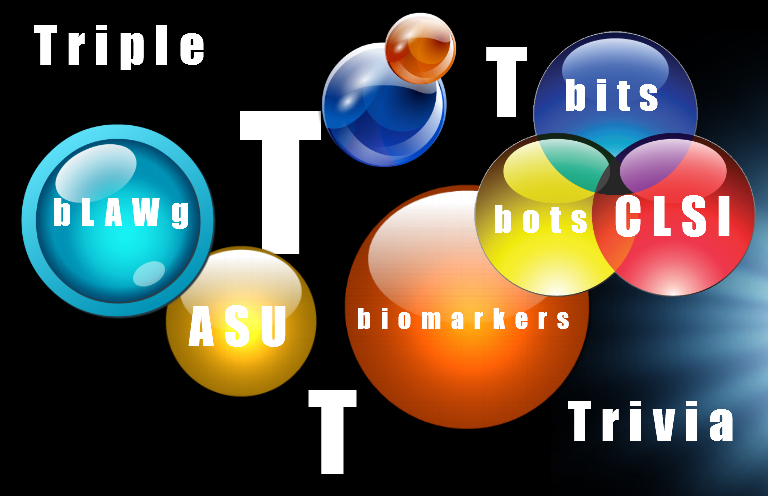 3 Questions. 3 Hints. 3 Answers. Every Tuesday.
3 Questions. 3 Hints. 3 Answers. Every Tuesday.
1. What do aging, injury, stress and certain neurodegenerative diseases have in common?
Hint:

Answer: all of the above conditions may result in memory loss. The forget-me-not flower is symbolic, not only for its name, but also its color. Scientists recently revealed that previously blocked memories were reactivated in mice via optogenetics blue-light brain stimulation. Their study results indicate that certain types of “memory loss” emanate from memory-blocks, not irreversible damage. Essentially, optogenetics reactivates certain processes within the specific neurons (engram cells) responsible for memory storage & recall. Read more here.
2. First a nose, now a finger. What technology is chopping people up, one extremity at a time?
Hint:

Answer: maybe they are just not meant to be flown indoors. Or at least touched when flown indoors. We are talking about drones. A few days ago, performer Enrique Iglesias suffered injuries to his fingers after grabbing hold of a drone during one of his concerts. This is not the first time drone injuries have occurred inside a venue (see item 3). Read the story here.
3. In what area is science just not getting its message across to the public?
Hint:
Answer: although 88% of scientists say genetically modified foods (GMOs) are safe, a 2015 Pew survey found that only 37% of Americans agree. There are approximately 400 companies that do not use GMO ingredients in their products and while their reasons vary for doing so, many have just caved to the whims of a misinformed public. The thing is, our crops have been genetically modified for eons of years… the only thing that has changed is our refinement and perfection of the process. Just like iPhones, cars, TVs and microwaves get upgraded, so do our methods of food production. We would venture to guess that people who have been sickened or have died of non-GMO food-borne illnesses, given the choice, would have happily taken a bite out of a crisp, sweet, tasty and juicy cob of GMO corn instead. Read additional details here.















